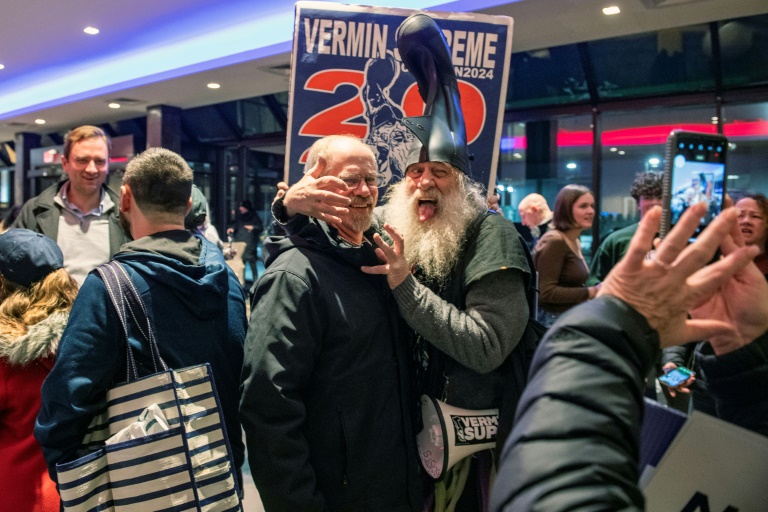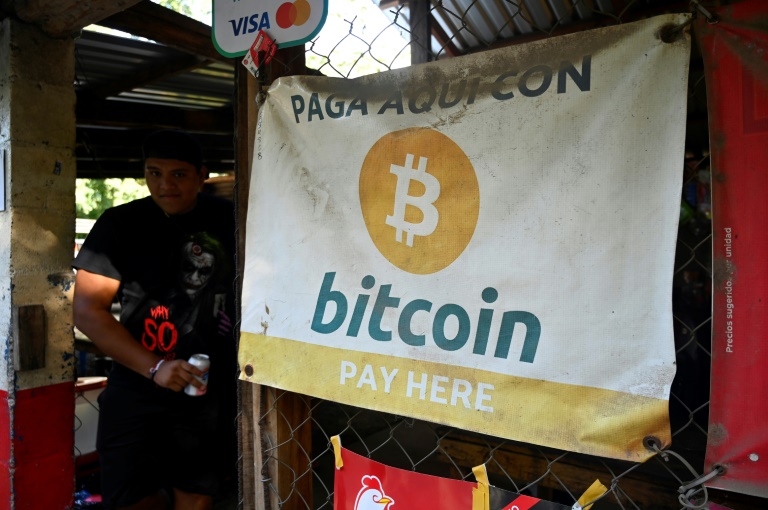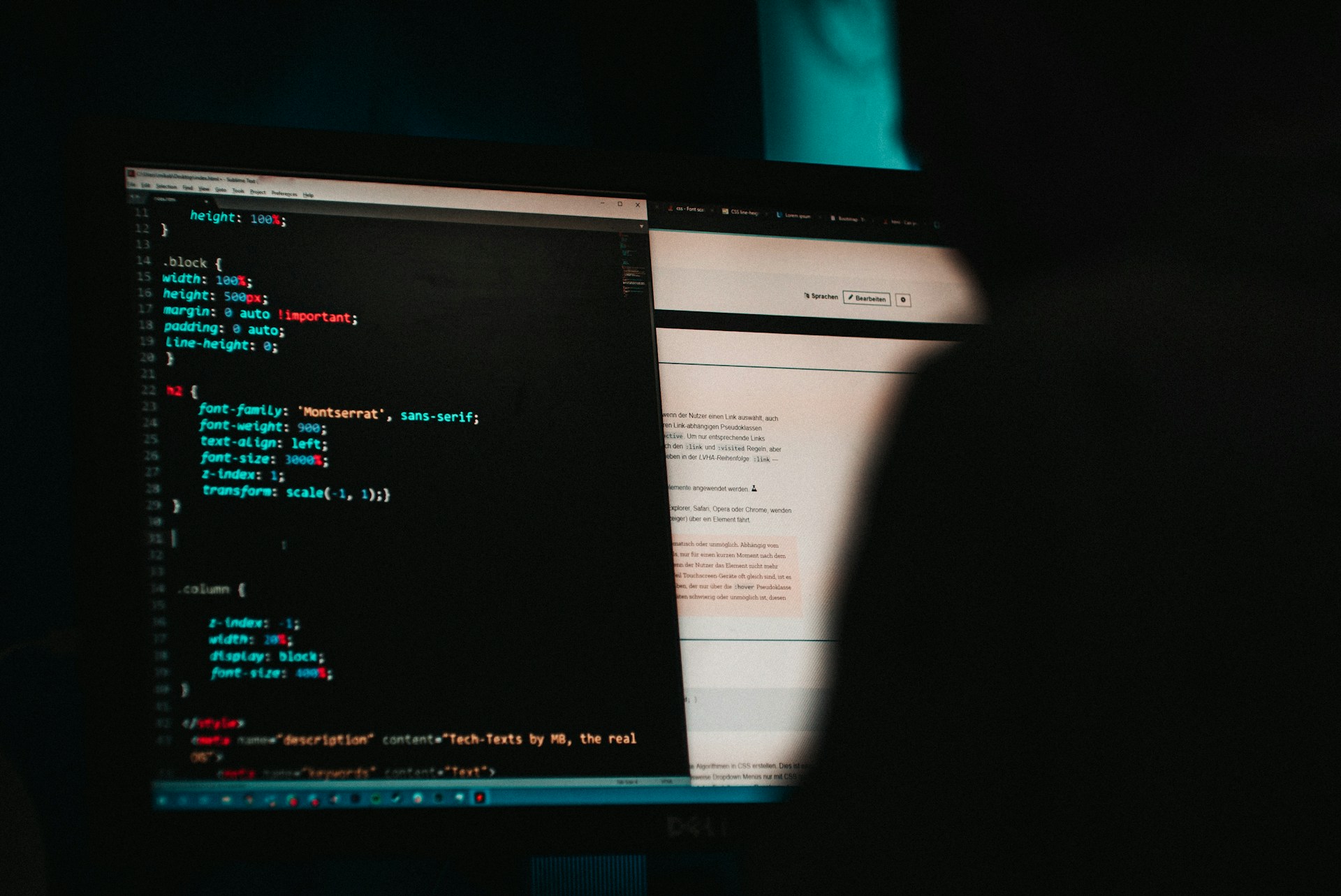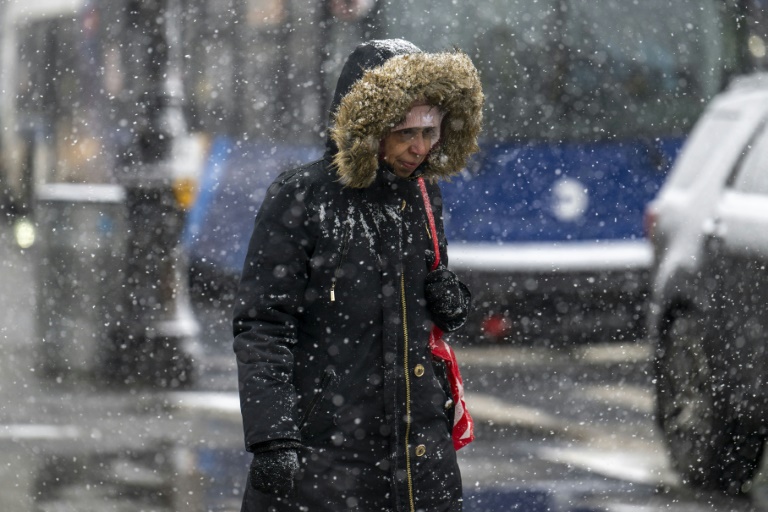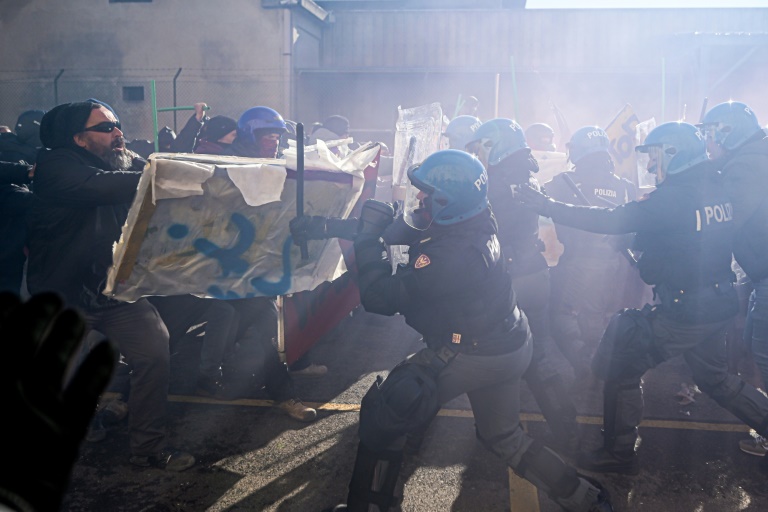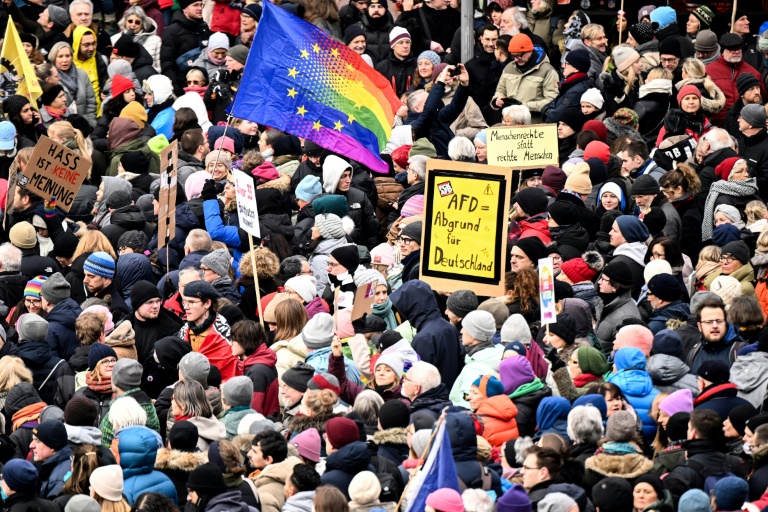With state representatives for every 3,500 people, they say it is easier to get elected in New Hampshire than in any other corner of America.
But try telling that to the presidential candidates who have seen their ambitions dashed over the decades by a demanding electorate that isn’t quite like the rest of the country — and punishes politicians who don’t take notice.
Just ask Joe Biden, whose White House dreams were almost finished off by a fifth-place finish in the 2020 New Hampshire primary after he ran a standoffish campaign that irked a state that puts a premium on the personal touch.
A fresh round of presidential candidates vying for the nomination on Tuesday will encounter an electorate seeded with the fierce independent spirit that gave birth to the state’s motto and rallying cry, “Live Free or Die.”
Old, white and wary of big government, the overwhelmingly rural state of just 1.4 million residents — where sales tax is as anathema as urban sprawl — can resemble conservative Ohio or Iowa from a certain angle.
But the highly educated and church-averse electorate has as much in common with liberal New York, Maine or Vermont.
Once a Republican stronghold that has leaned leftward in recent years, it is one of the few states where retail politics can still make or break candidates.
Candidates are not so much faces on billboards or voices on the airwaves as coffee shop regulars, wooing voters with narratives of hope and change over steaming plates of apple pie.
“The constituents do a really good job of vetting the candidates here in New Hampshire,” said Amanda Wihby, of the Red Arrow Diner, a popular haunt for would-be leaders of the free world in the state’s biggest town, Manchester.
“We take the ‘first-in-the-nation’ very seriously… The candidates actually really have to do a good job.”
Although it is the opening primary, New Hampshire actually follows the Iowa caucuses as the second presidential nominating contest.
But it shapes the rest of the campaign as a more reliable bellwether of public sentiment than Iowa, and attracts major national figures.
The Red Arrow, a “must-visit” campaign stop for politicians of all stripes, has welcomed most of this year’s contenders, including Donald Trump, Nikki Haley and Ron DeSantis.
“A lot of times customers will slide over in the booth and candidates will sit down with them and spend time having conversations and ordering a meal. Or they’ll come behind the counter and pour coffee for them, and answer questions,” Wihby told AFP.
“They really spend some time. The customers really enjoy it. I don’t think it’s lost on our customers that they have a front row seat to democracy right here in the diner.”
Independents rule the roost in New Hampshire, making up considerably more of the electorate than registered Republicans or Democrats.
And they can vote in either primary, prompting both parties to campaign hard to attract their support.
“It’s fun to meet candidates, think about the issues and hear what other people have to say,” added customer Jyl Dittbener, who has come to the Red Arrow to talk politics.
“It’s just good to hear what your friends and family think about it and this is a way to open the conversation.”
New Hampshire primary’s tradition begins in the township of Dixville Notch, 20 miles (30 kilometers) from the Canadian border, where the first votes are cast right at midnight.
Underscoring the state’s commitment to civic participation, its 400-member House of Representatives is the third-largest elected legislative body in the English-speaking world after the US House and Britain’s House of Commons.
It is said that in New Hampshire an election is never far away.
This year’s primary candidates include a best-selling author, a perennial candidate who has run for three different parties and a hopeful who is running on legalizing prostitution and reengineering Ford Focus cars to run for 30 years.
But the ballot will not include Biden, whose Democratic Party is seeking to reform the electoral calendar to focus on more diverse states.
Retired businessman Jim Herchek, 70, traveled to Manchester from New York with friends to volunteer for the Trump campaign.
“I went to college in New Hampshire and worked on political campaigns when I was younger,” he said. “They’re always unique. They’re always one-of-a-kind events.
“The candidates are different. All sorts of different scenarios come up. If you were a writer, you’d never think to write these things.”
AFP
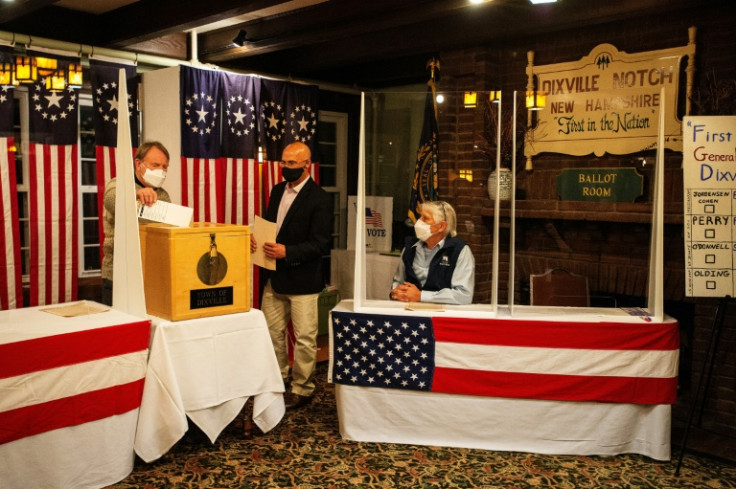
AFP

